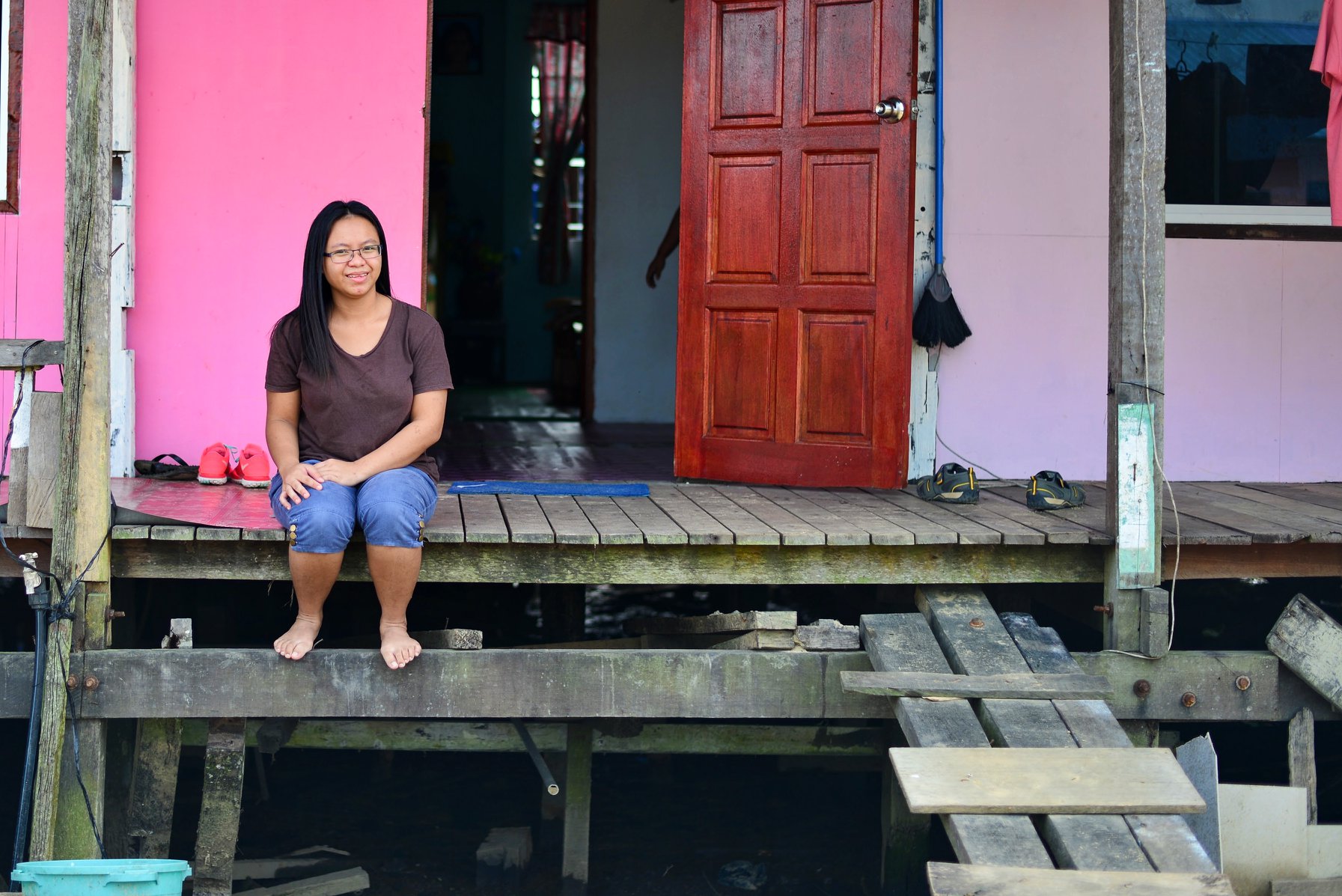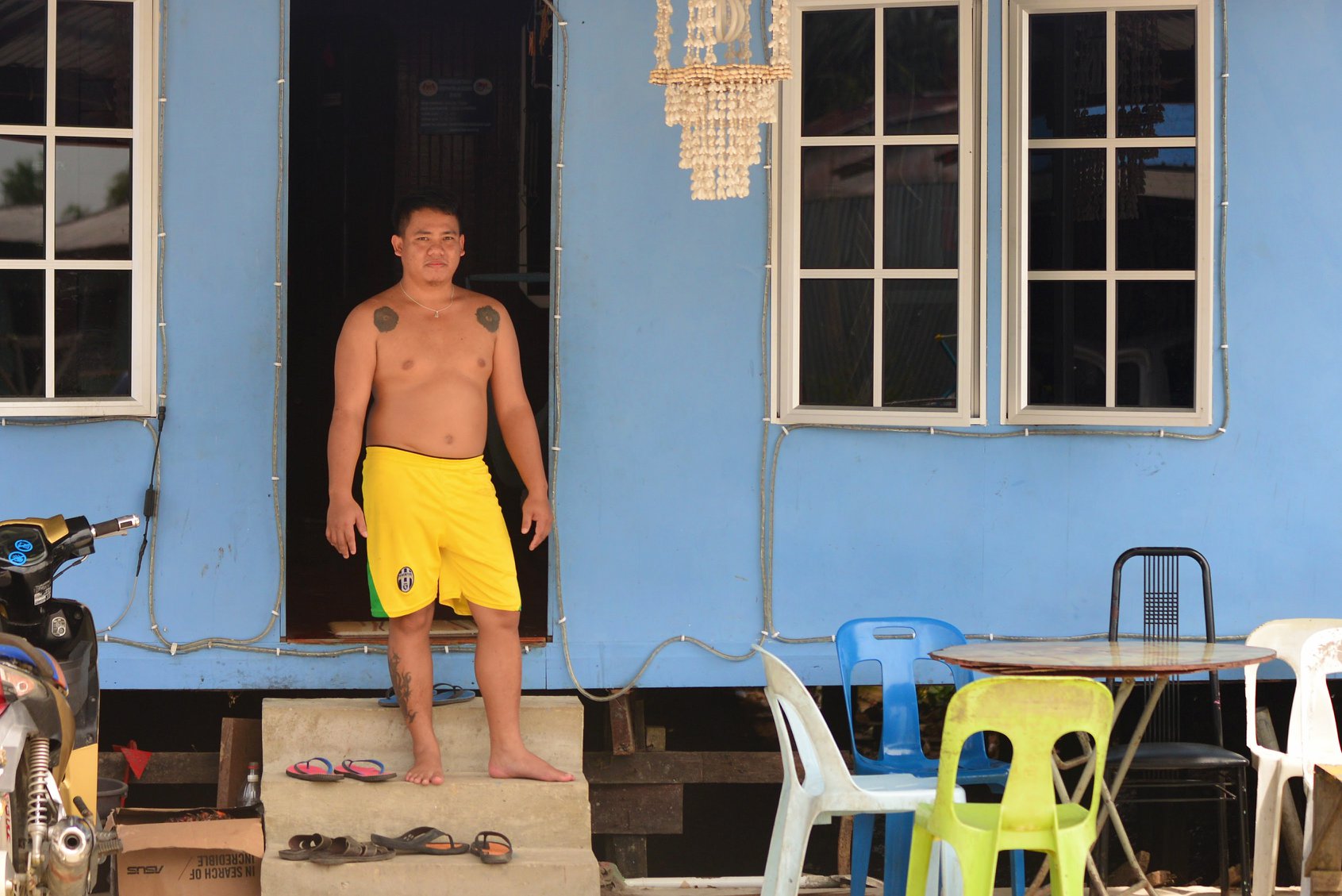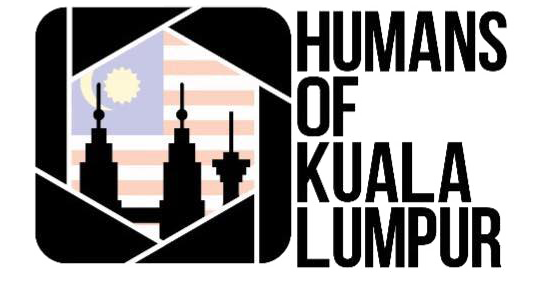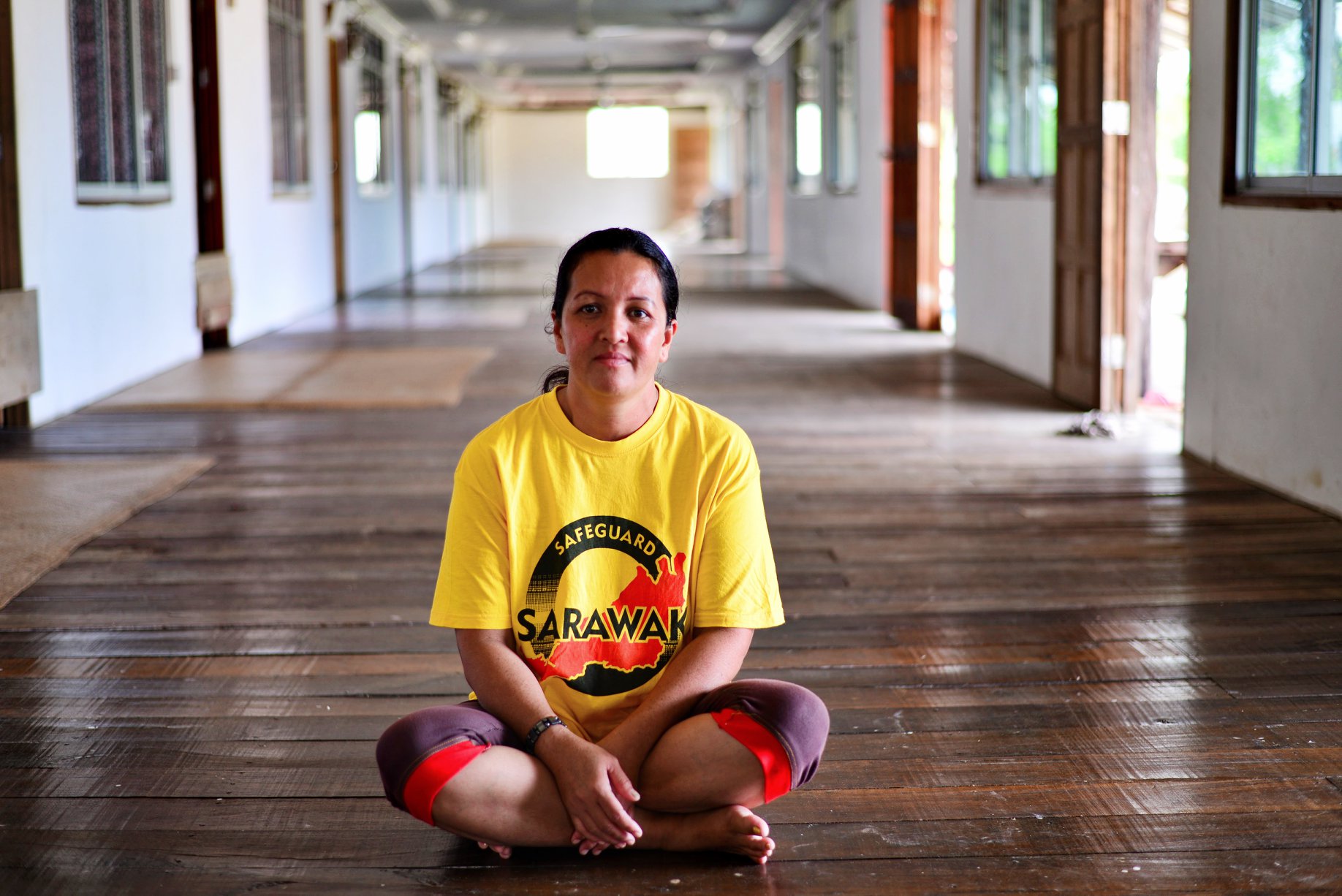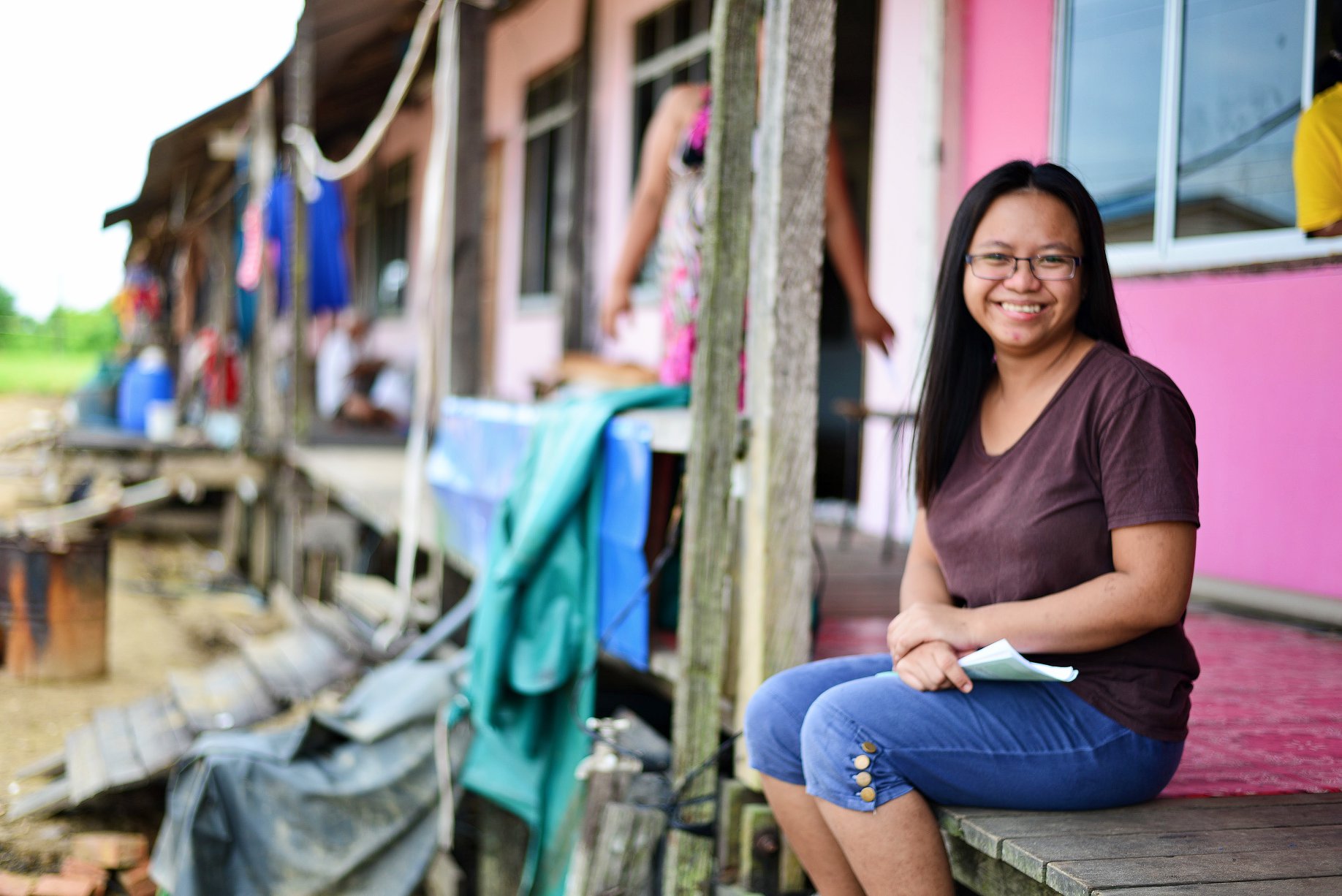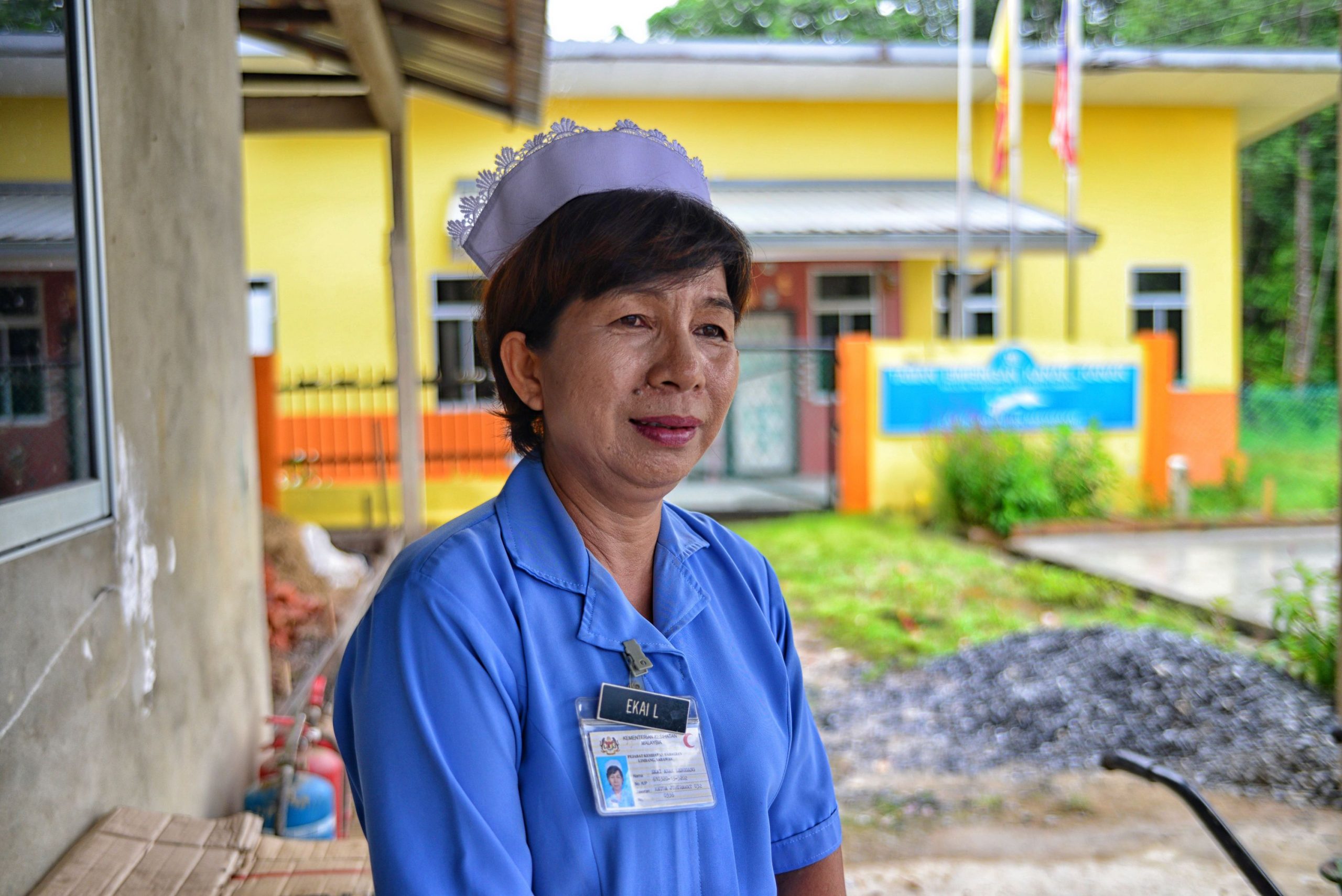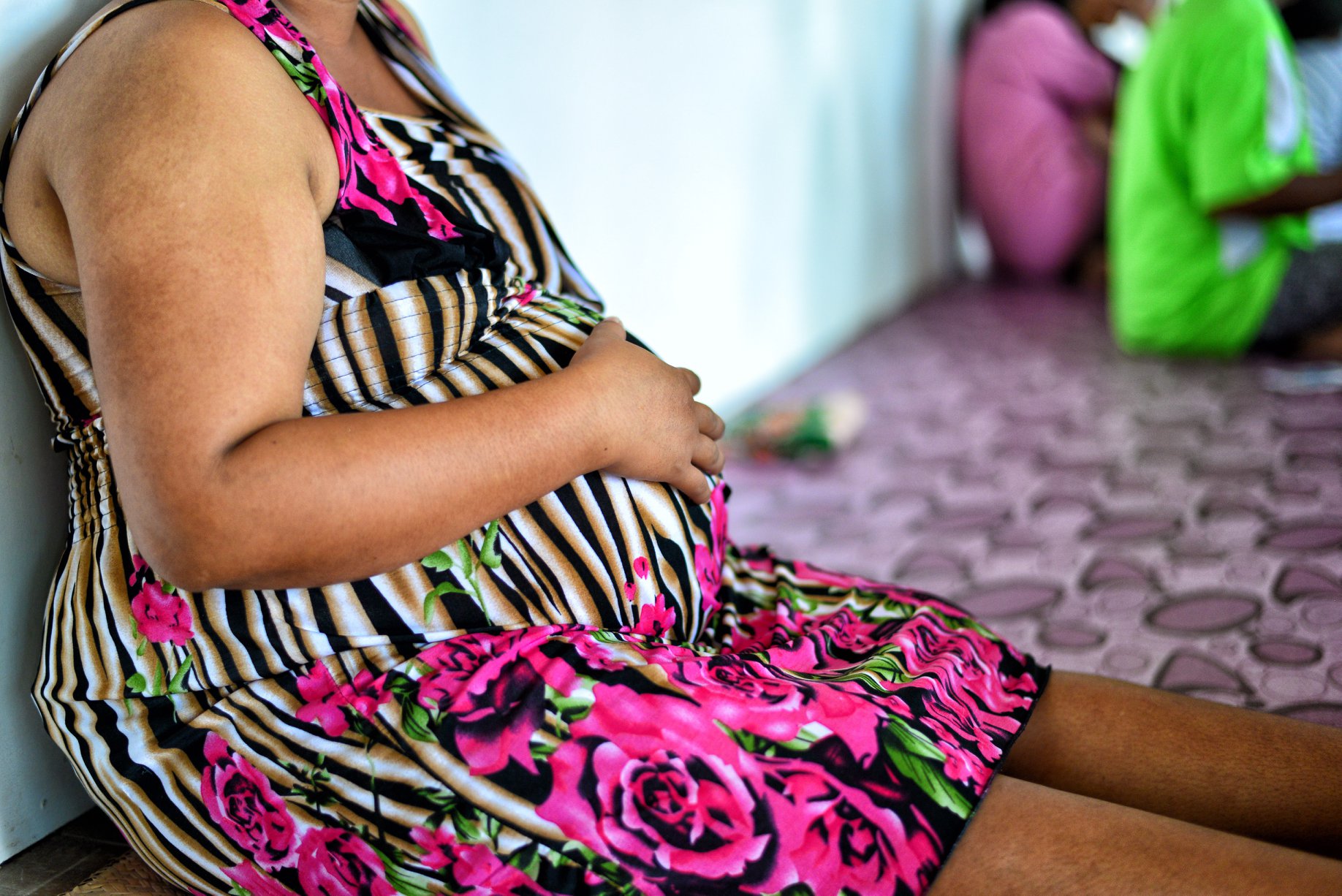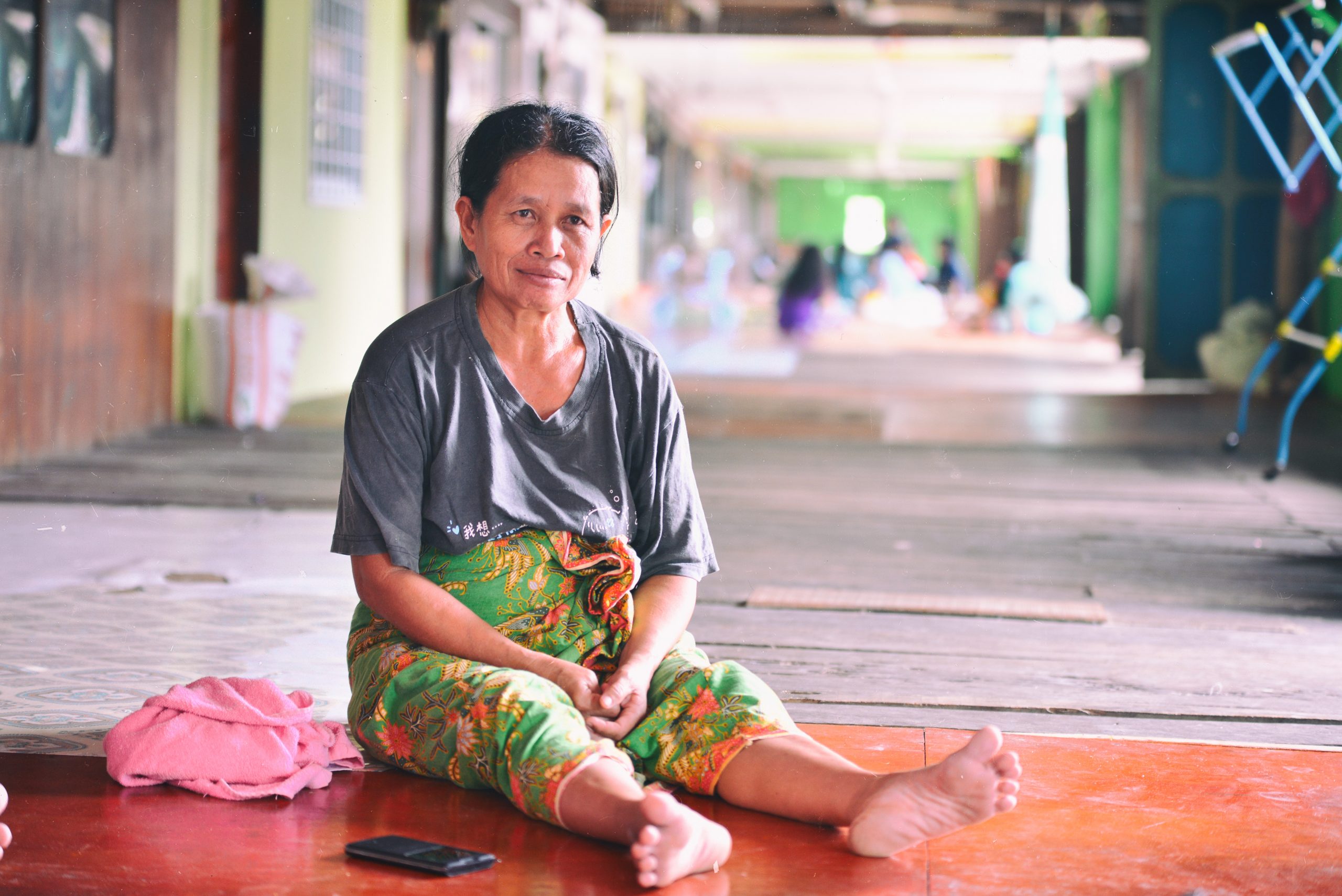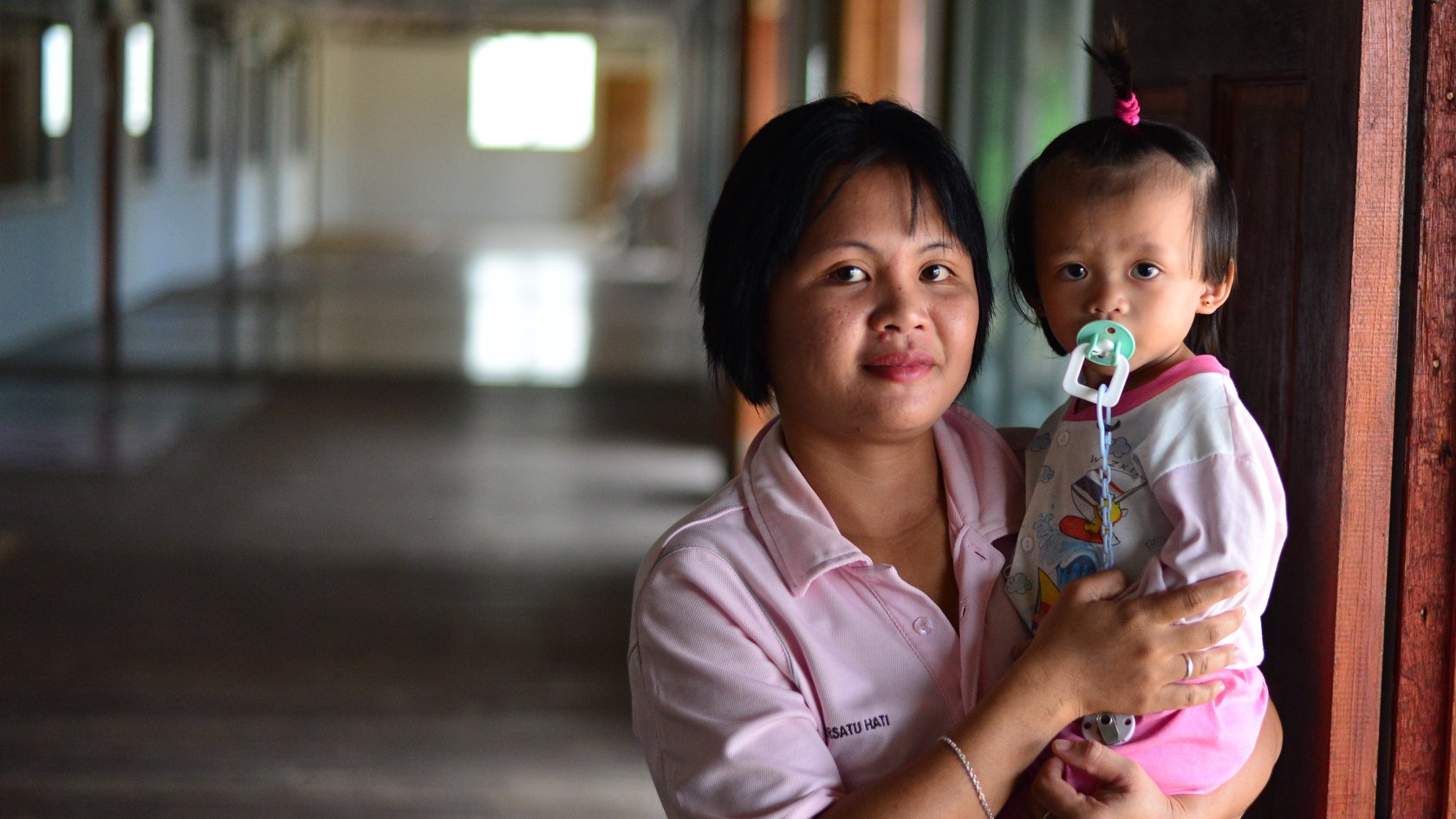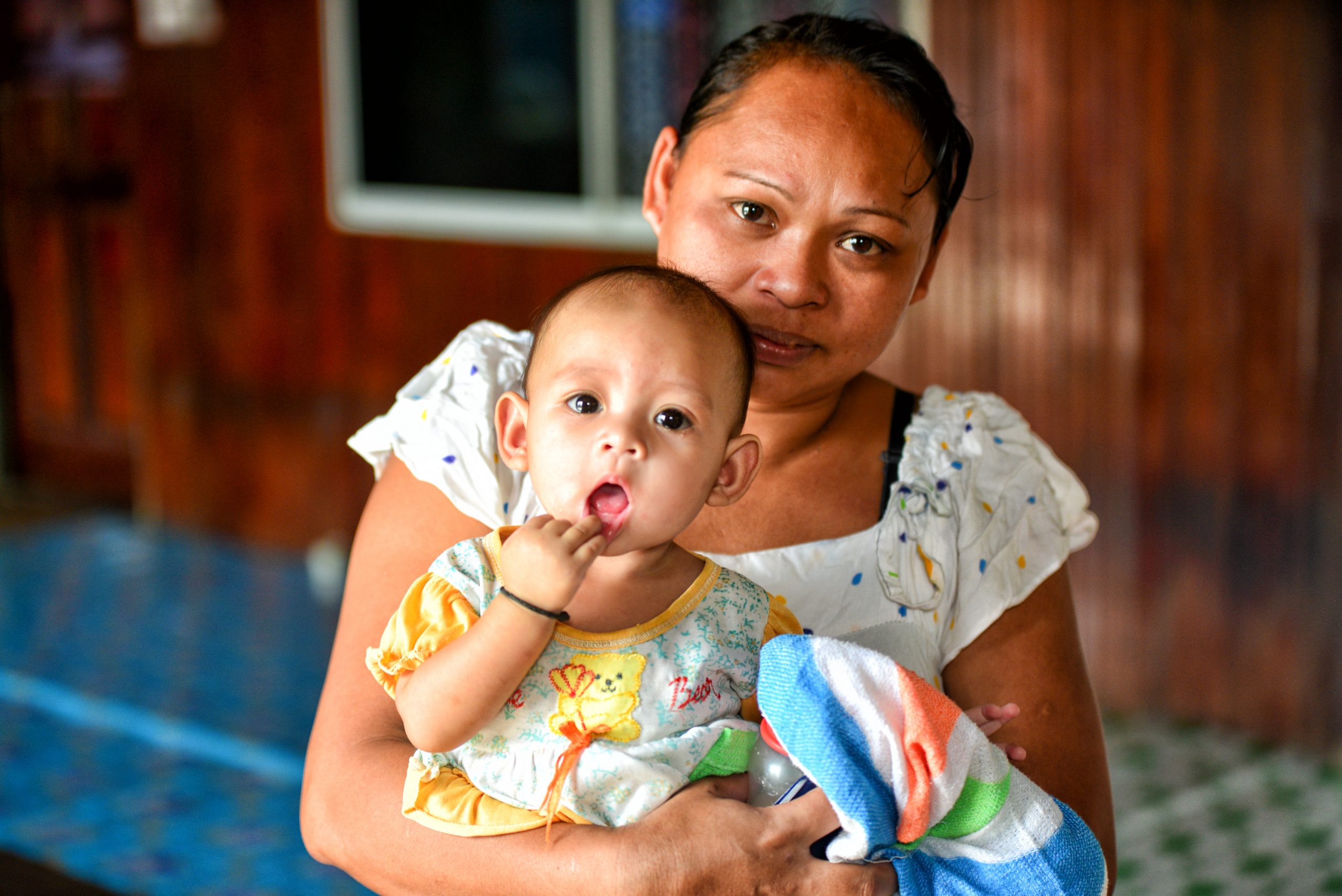“The doctor has told us that there is a possibility that the women in my family will have problems with our uterus – a hereditary disease. My mother had cancer of the uterus, my sister had cervical cancer. So there is a possibility for me and my daughters to have cancer but to many people here, that is a lie. That it isn’t possible.
Most Iban women here do not know much about cervical related diseases nor proper postnatal care.
It is a very sensitive topic because talking explicitly about these issues can lead to misunderstanding and non-respect of our culture.
However, these women must know the dangers of these diseases. Yes, culture is something that needs to be respected but people must open their minds to these issues and the harm it can bring to you.
Hence why we would like if there’s a programme or initiative to open the people’s mind and raise awareness. The Doctors from the Klinik Kesihatan come once every three months – they are very helpful, but it’s not frequent enough.
There are others apart from me and my family who have been diagnosed with cervical cancer. Normally, we are not able to detect that we have cancer in our uterus or cervical.
We only realise that something is wrong when symptoms like stomach ache persists during menses or that we are unable to bear children after our last pregnancy. We initially thought it was normal and the old folks would say that it is in our family lineage to not be able to bear many children.
But when the pain persisted, I brought my mother to the hospital for a check-up and we found out that she has cancer which was at its later stage.
In the case of my sister, after childbirth, we were wondering why only her stomach was ‘bloated’ but she remained skinny. Many said it was ‘normal’ to look as such.
My sister didn’t experience much pain except during her menses and when trying to be intimate with her partner. We finally brought her to the hospital and the doctor said that she was lucky because the cancer was in its last few stages.
She was required to remove her uterus and since then she could no longer bear children.
We do have clinics that are situated nearby to us but the problem is that there is a deficiency in the number of doctors available in the nearby clinics, hence we have to wait for a long time before being attended.
Doctors only come here on Mondays, twice a month. I’m not entirely sure of the doctor’s working hours because we rarely visit that clinic. I am lucky because I have my own transportation to go to town / city to seek medical attention.
We would like that if the government could raise more awareness and importance towards health. This is because most of us, or at least what I feel is that, we do not have enough information regarding medical related illnesses particularly in the ageing community”.
– Humans of Kuala Lumpur went with the United Nations Population Fund (UNFPA Malaysia) into the jungles of Sarawak, where they were helping out underprivileged Sarawakians and orang asal in their mission to deliver a world where every pregnancy is wanted, every childbirth is safe and every young person’s potential is fulfilled.
For the next week, Humans of KL, as the biggest storytelling platform in Malaysia covering all the states as its capital, will feature the amazing stories and challenges faced by these Malaysians.
